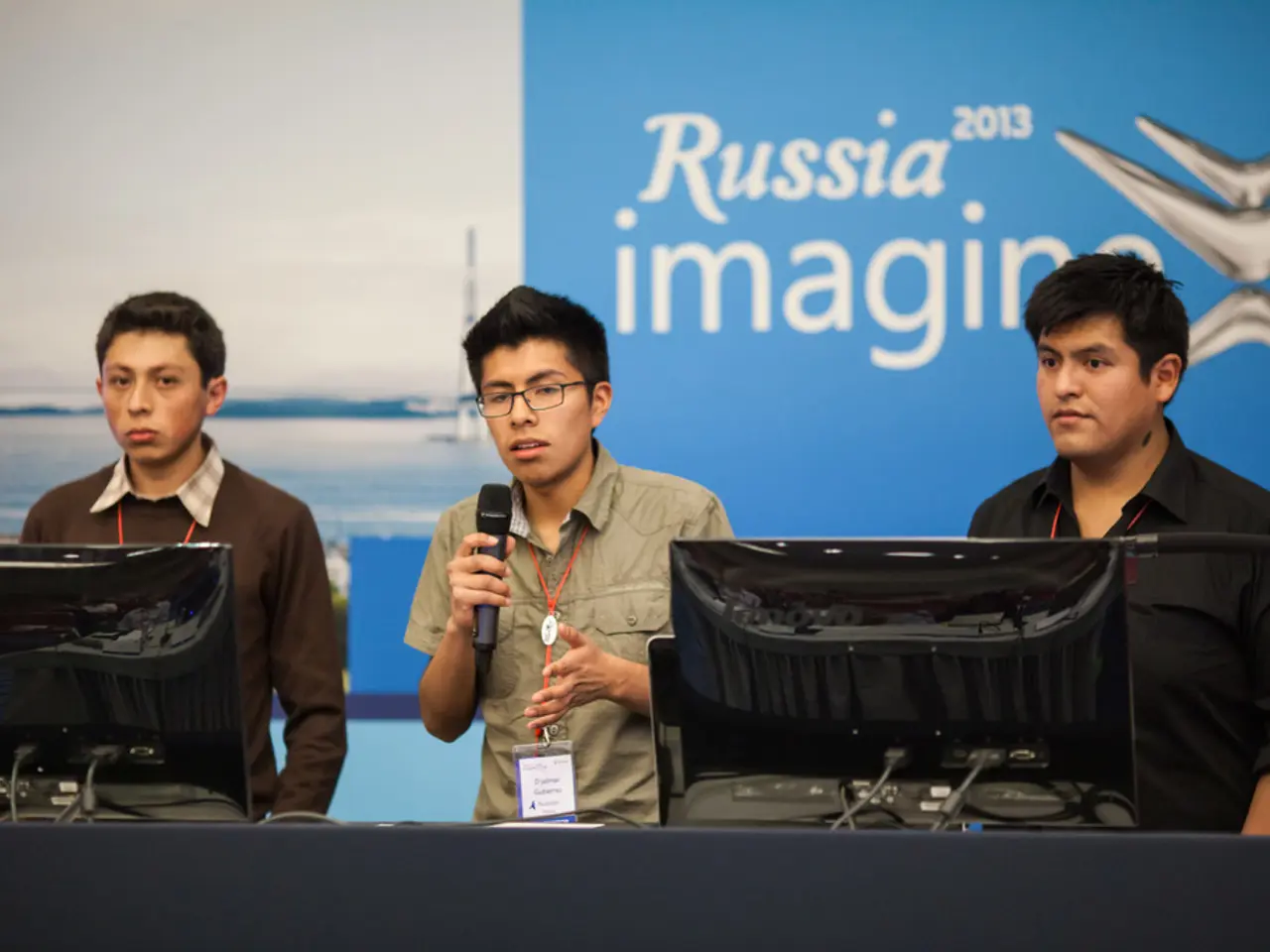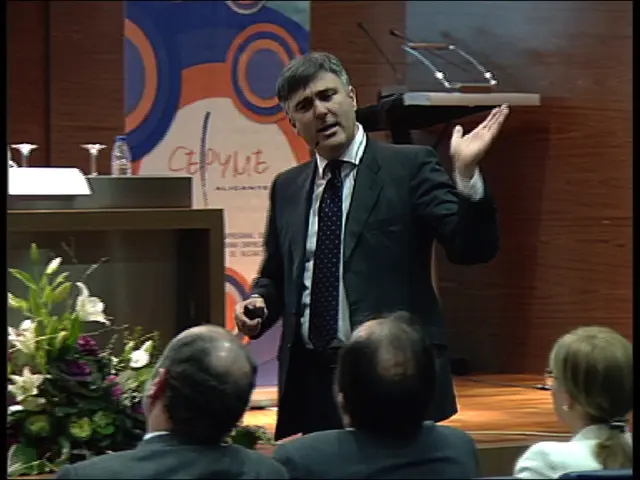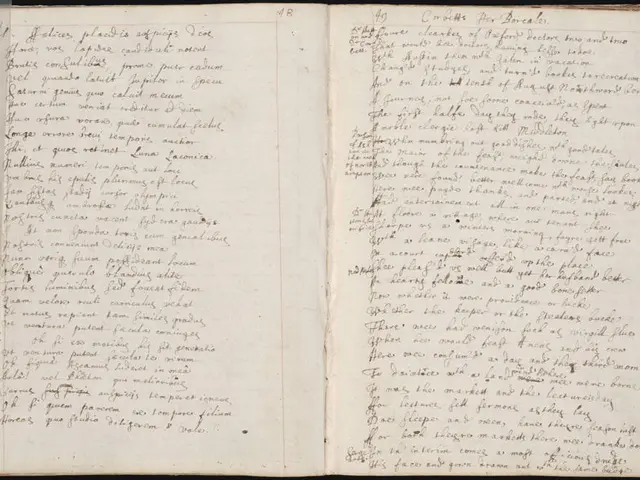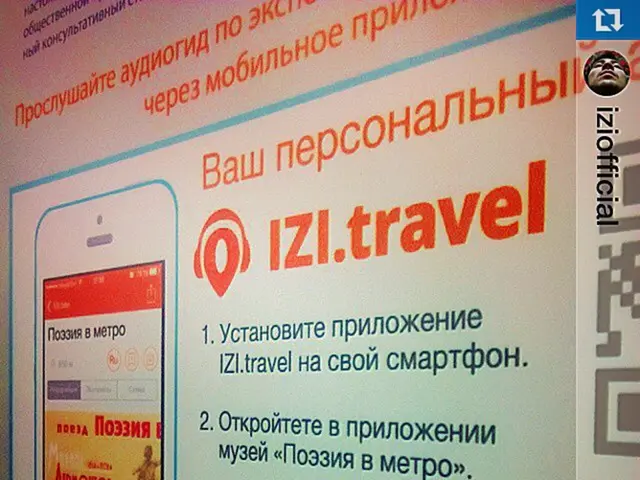Russia imposed restrictions on communications via Telegram and WhatsApp.
Roskomnadzor, the Russian Ministry of Digital Development, has imposed partial restrictions on voice calls via Telegram and WhatsApp in Russia. The move comes amid concerns over the apps' alleged extensive use in criminal scams, extortion, and recruitment for sabotage and terrorism.
The restrictions are based on operational data from law enforcement and citizen complaints about fraud. The Russian authorities argue that encrypted voice calls on these apps allow malicious actors to evade surveillance and anti-fraud mechanisms within the country.
While phone calls remain the leading method for fraud according to Russia’s Central Bank data, authorities claim that encrypted voice calls on these apps provide a means for criminals to operate with impunity. The restriction targets the encrypted voice call functions, seen as enabling criminal evasion of surveillance.
Messaging features on these apps remain operational, but calls are throttled or blocked. This is part of a wider strategy to control communications and push users toward Russian government-controlled platforms.
The Russian Ministry of Digital Development reported that a decision to ban voice calls in messengers WhatsApp and Telegram has allegedly been made at the highest level. Access to voice calls in messengers will be restored after compliance with Russian legislation.
In a related development, the website Charter97.org has provided a donation account to support those affected by the restrictions. However, the bank name, SWIFT, IBAN, and address for the donation account are not specified. The payment purpose for the donation account is "our [email protected]".
It's important to note that these restrictions are controversial and have raised concerns about freedom of speech and privacy in Russia. Critics argue that the move is an attempt to control and monitor foreign messaging platforms, and that it infringes on citizens' right to private communication.
Despite the restrictions, text messaging and other features on Telegram and WhatsApp remain operational in Russia. The restrictions on voice calls are currently in effect.
- The Russian authorities have argued that the encrypted voice calls on Telegram and WhatsApp are used by malicious actors to evade surveillance and anti-fraud mechanisms, leading to the restrictions on these functions.
- The decision to ban voice calls in messengers WhatsApp and Telegram, as reported by the Russian Ministry of Digital Development, has sparked controversies, with critics claiming it infringes on citizens' right to private communication and is an attempt to control foreign messaging platforms.








